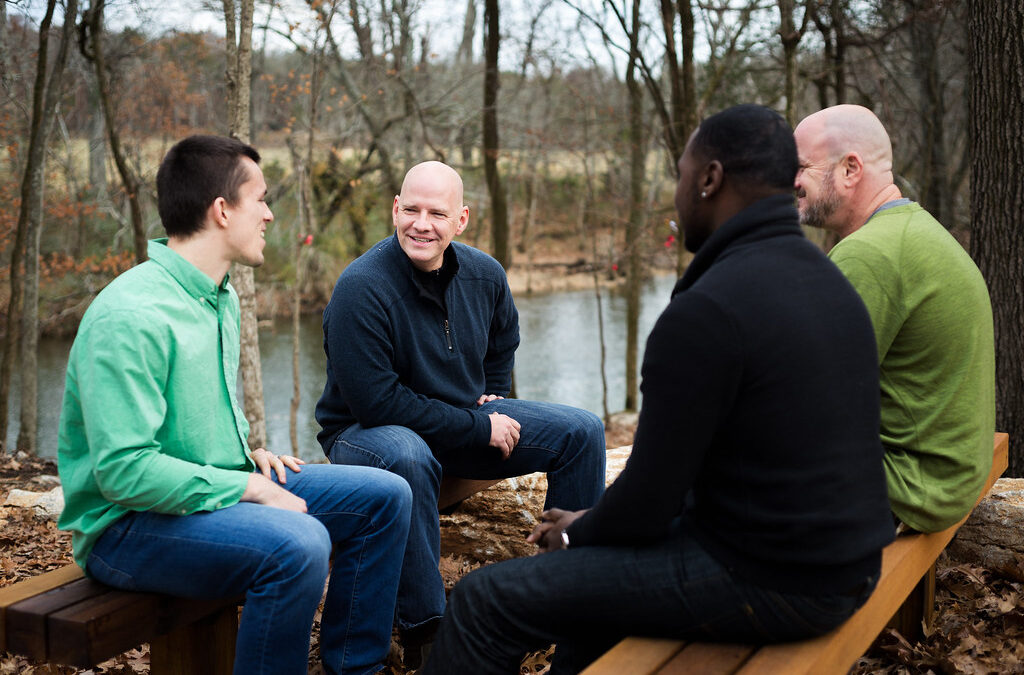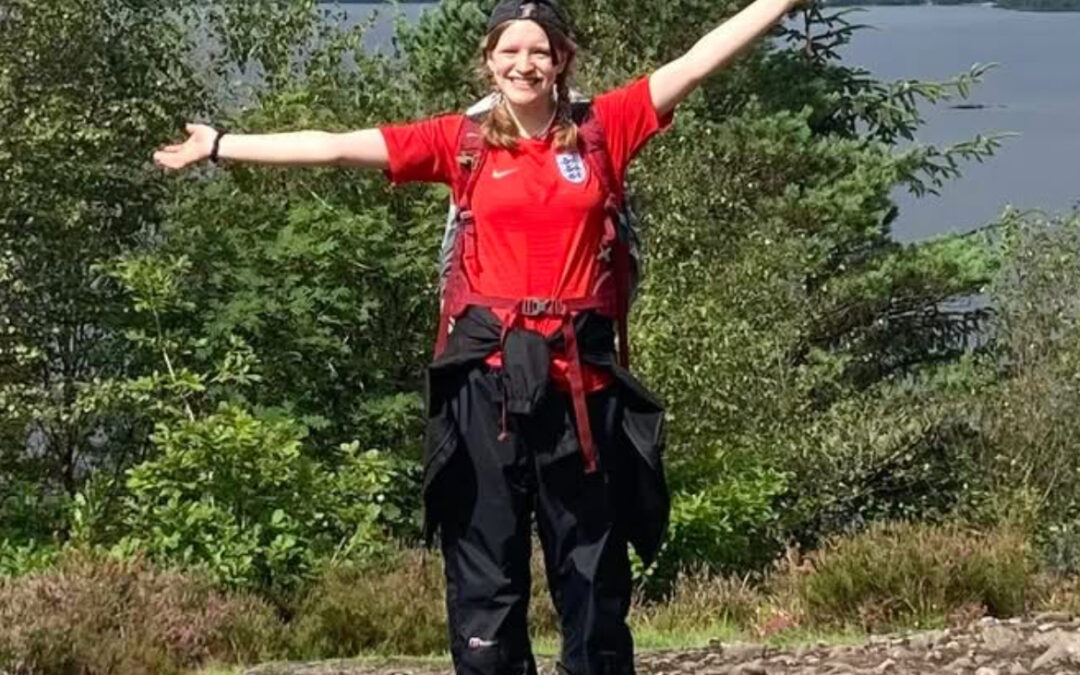A Swiss pilot project uses social presciptions to prescribe art and nature to support mental wellbeing
In a groundbreaking initiative that blends healthcare with culture, the town of Neuchatel, Switzerland, has launched a pilot program allowing doctors to use to prescribe free visits to museums, art galleries, and botanical gardens as a form of mental health support.
This project, the first of its kind in Switzerland, aims to use the restorative power of creativity and nature to support patients struggling with their mental health. Over the course of the next year, the program will offer 500 cultural “prescriptions” that grant free access to three local museums and the city’s botanical garden. The hope is that these immersive, non-medical experiences will offer moments of relief, reflection, and emotional reprieve for individuals battling anxiety, depression, and other chronic illnesses.
Dr. Patricia Lehmann, one of the physicians participating in the pilot, believes deeply in the emotional impact of the arts.
If you’re enjoying this story on Art and Wellbeing – try this story on how art influences how people feel.
“It allows them, for a moment, to forget their worries, their pain, their illnesses,” she said. “To go and spend a joyful moment of discovery. I’m convinced that when we take care of people’s emotions, we allow them somehow to perhaps find a path to healing.”
The idea is rooted in growing global recognition of the link between the arts and health. A 2019 report by the World Health Organization conducted over 900 studies and concluded that the arts can play a significant role in preventing illness, promoting health, and managing long-term conditions. From music and dance to visual arts and literature, creative engagement was shown to reduce stress, improve mood, and even influence biological markers of health.
For the team behind the initiative, the pandemic brought this need into sharper focus. Julie Courcier Delafontaine, head of the city’s culture department, said the closure of museums and other cultural spaces during Covid lockdowns had a noticeable effect on the community’s wellbeing.
“That was a real trigger,” she explained. “We were really convinced that culture was essential for the wellbeing of humanity.”
The Swiss pilot not only provides access to cultural spaces but also signals a shift in how society approaches mental health. Rather than relying solely on clinical interventions, the program explores how everyday beauty and connection can foster emotional resilience.
If successful, the initiative could be expanded to include additional cultural offerings such as theatre performances, concerts, and creative workshops. It also adds to a growing trend of “social prescribing” emerging in other countries, including the UK and Canada, where doctors have begun prescribing everything from dance classes to museum visits as complementary treatment options.
For now, the Swiss project offers a gentle but radical reminder: healing doesn’t always come in the form of pills or procedures. Sometimes, it arrives quietly – in a painting, a sculpture, or a walk among the flowers.



